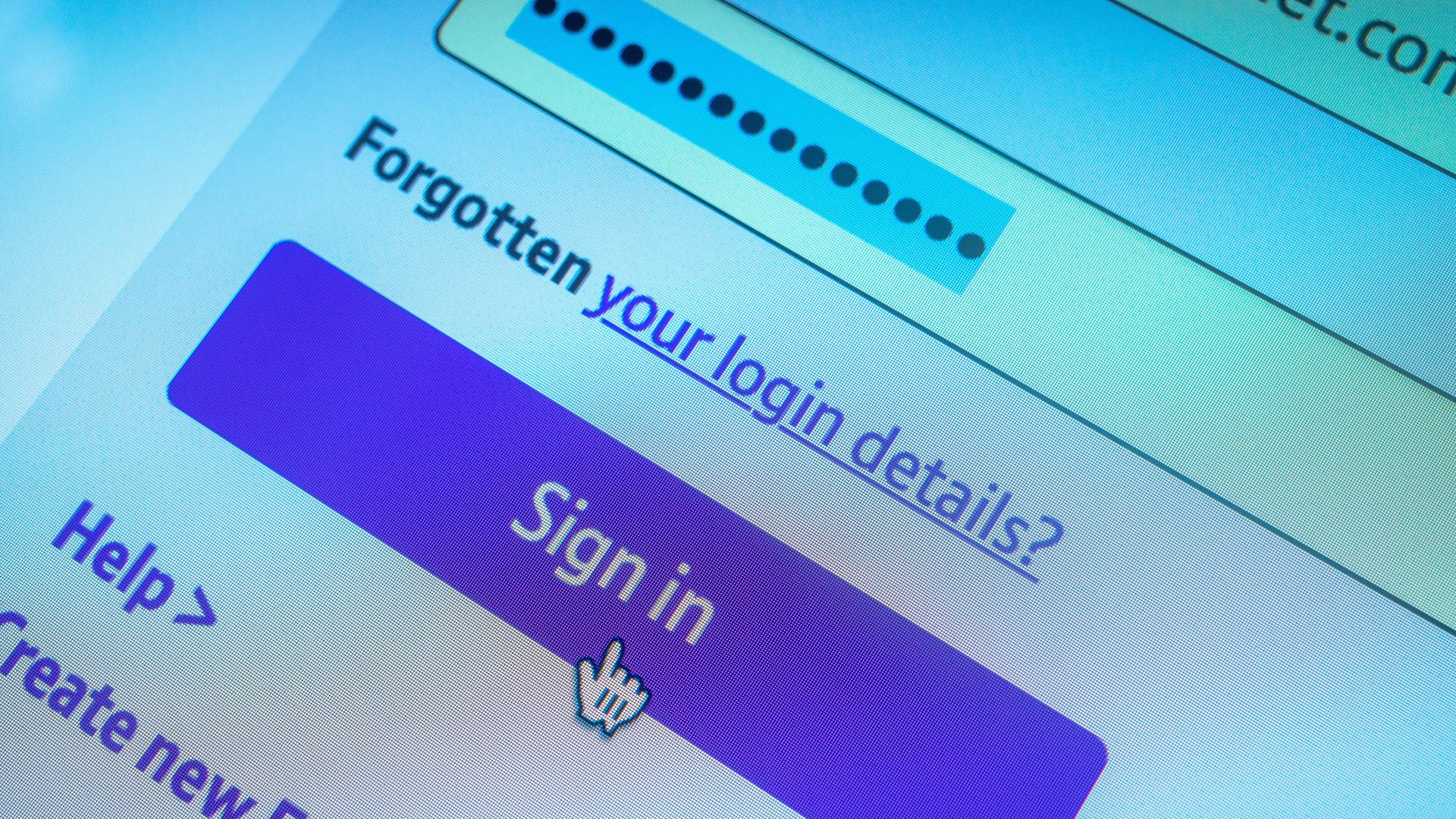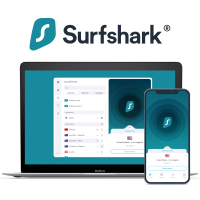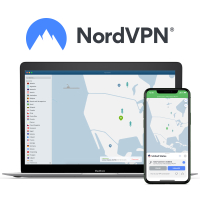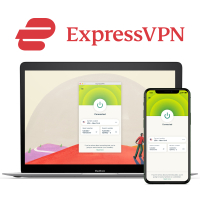Freshman fear – how to protect your personal data at college
Look after yourself on campus

I hate to break it to you guys, but college is all about learning – whether it's Math, English, or just the amount of sleep you need to function. However, something that you might not have considered as a life lesson to take from your time on campus is how to be responsible with your digital data.
Whether it's investing in one of the best VPNs or just thinking things through more, there's a lot to learn about keeping our personal data, well, personal.
The price of pizza
Knowing how much your data is worth is a good place to start. It's definitely more than a slice of pizza. But that's the mistake I made in my first week of college when, at a freshman event, I surrendered my email address and phone number to a major pizza company for an ill-fated slice of pepperoni. I was subject to marketing emails and texts for years afterwards. That's a hefty price to pay.

If there is an offer or deal that's too good to pass up, then try and use a fake email address and number. However, if you absolutely have to give a working one then using Hide My Email on an iPhone or Surfshark's Alternative ID feature could be particularly handy.
Available for all Surfshark subscribers, this tool lets you generate a random fake email and identity in seconds to sign up for things risk-free. The emails will be forwarded to your personal email, and you can permanently destroy the middleman email address when you've used it for what you need to.
Public Wi-Fi panic
Whether you're in a dorm or just visiting for class, you'll spend a lot of time connected to the campus Wi-Fi. Connecting to public Wi-Fi networks is super handy but also one of the most dangerous things you can do. Hackers often target these networks as easy pickings and have even been known to set up their own fake Wi-Fi networks with similar names in attempted phishing scams.
This is one of the biggest benefits of using a secure VPN, so make sure you enable it on any device you connect with. Using a VPN encrypts your data and lets you connect to public Wi-Fi networks with peace of mind, while the "no-logs" policies of top providers mean they don't collect your info either.
Professional and personal
When you start college you'll be assigned your own email address, and this is a really handy way to submit assignments and stay in touch with professors. What you should never do, however, is use it like your personal email.

Don't go signing up for services like Netflix using your college email, or using it for online shopping. Why? Well, for a start it will be difficult to access once you graduate, but more importantly, you face the risk of compromising the entire college email system.
Signing up for certain accounts with an email address often allows third parties gain access to your personal information. This is the last thing a college needs, especially as they often have access to sensitive medical information and private matters.
Surfshark: the best cheap VPN on the market
Surfshark is the best choice if you're looking for capable privacy protection on a budget (which all students are), with plans starting at $2.19 per month. It's the fastest VPN we've tested and is also very capable when it comes to unblocking streaming sites. There's a 30-day money-back guarantee so you can try before you commit.
NordVPN: the best VPN overall
NordVPN proved to be the very best VPN we tested in our latest round of VPN reviews. On top of a stellar VPN it offers useful extras like streaming site unblocking and malware protection, to keep you safe. Plans start from a reasonable $3.09 per month, and there's also a 30-day money-back guarantee to make sure it's right for you.
ExpressVPN: the best VPN for ease of use
With plans starting at $6.67 per month – which includes three months free for Tom's Guide readers – ExpressVPN is more expensive than its rivals but it's a premium product. It's one of our top-performing VPNs but where it really shines is in its simplicity, you can even connect in just one click!
Andy is a freelance writer with a passion for streaming and VPNs. Based in the U.K., he originally cut his teeth at Tom's Guide as a Trainee Writer before moving to cover all things tech and streaming at T3. Outside of work, his passions are movies, football (soccer) and Formula 1. He is also something of an amateur screenwriter having studied creative writing at university.



